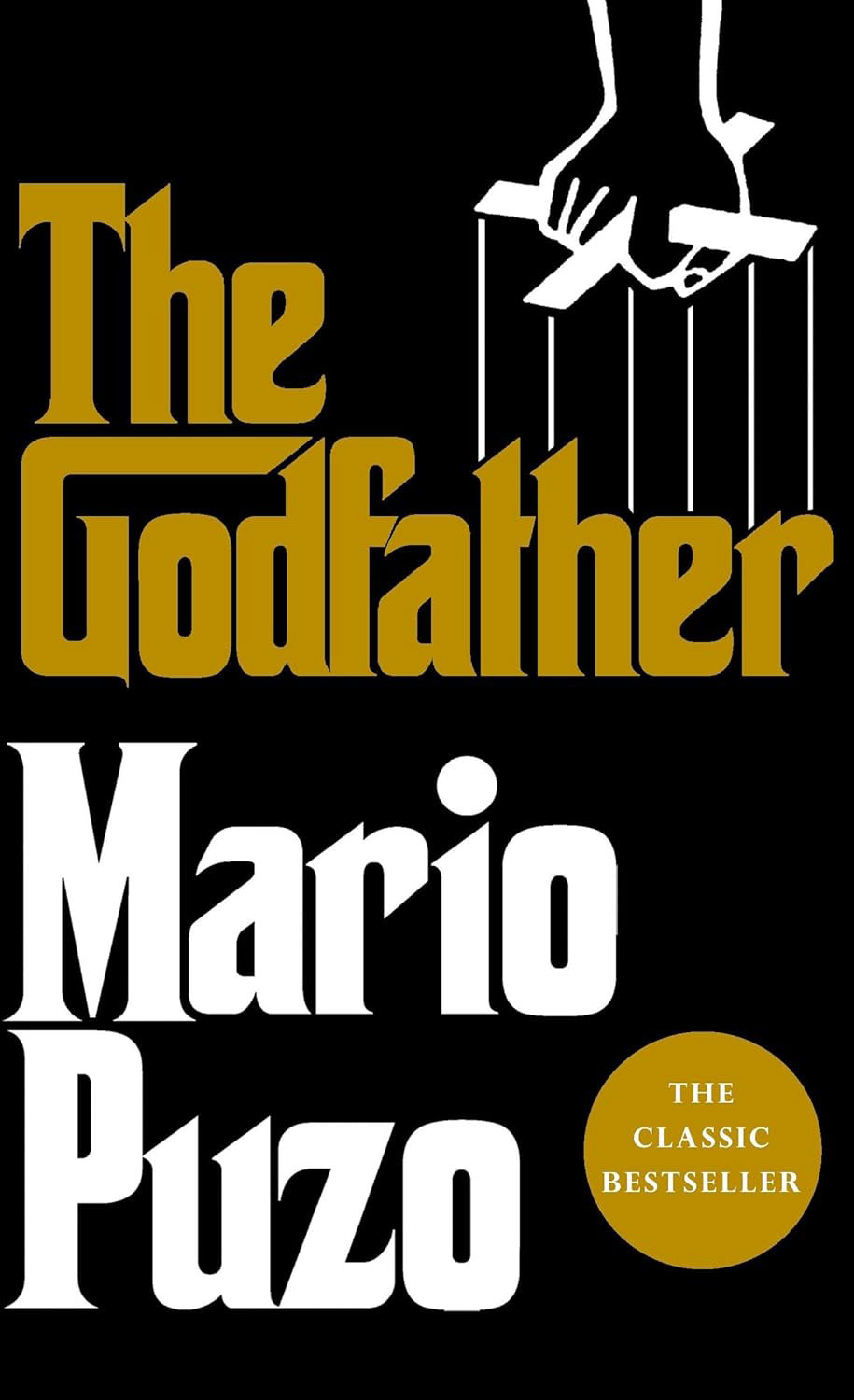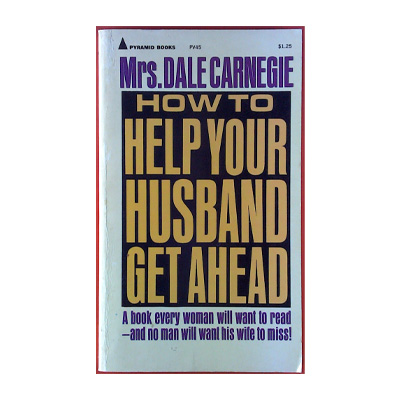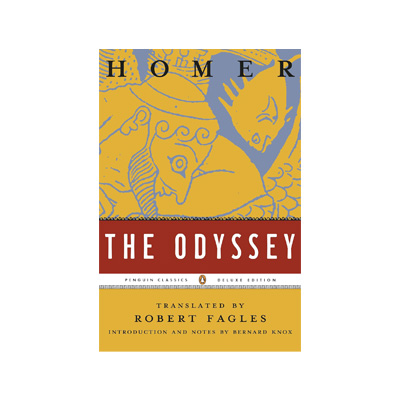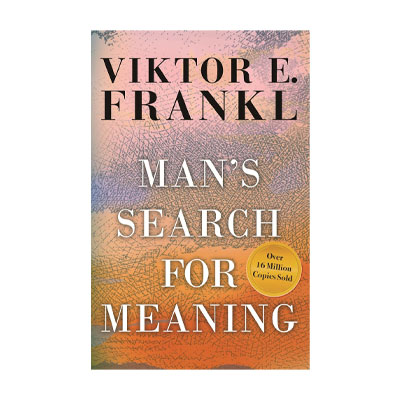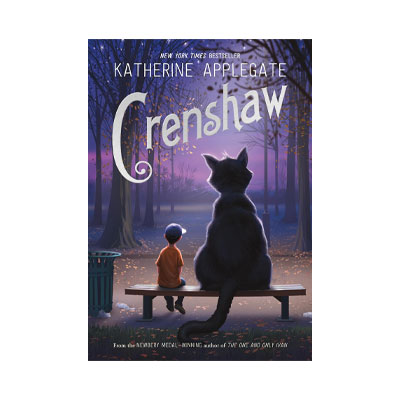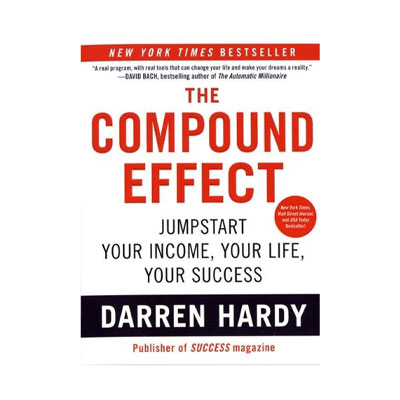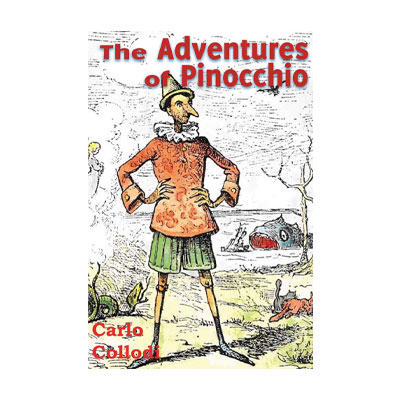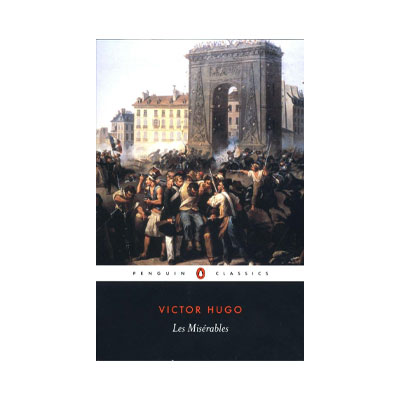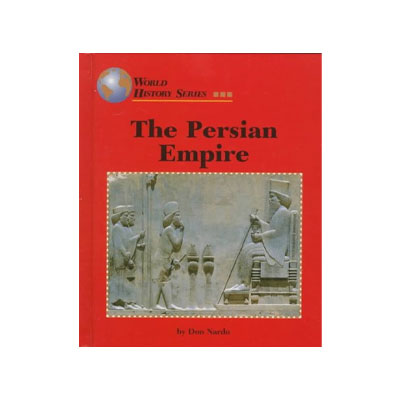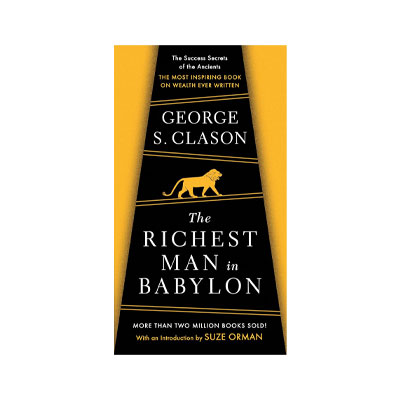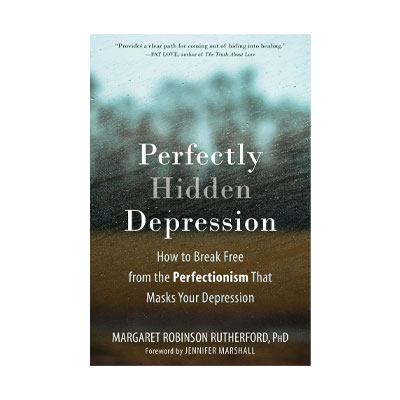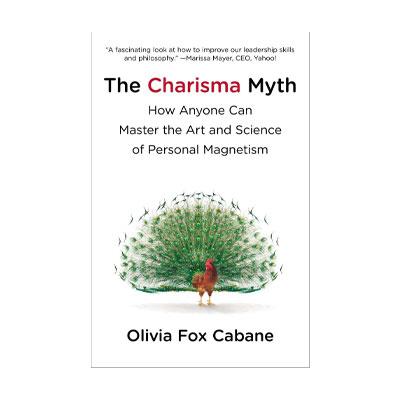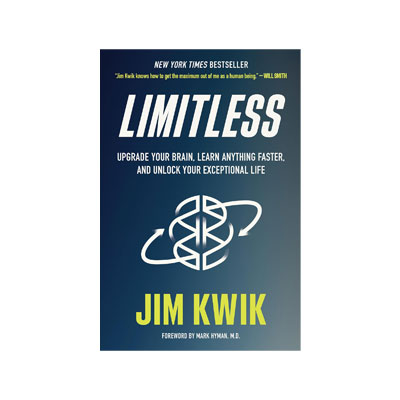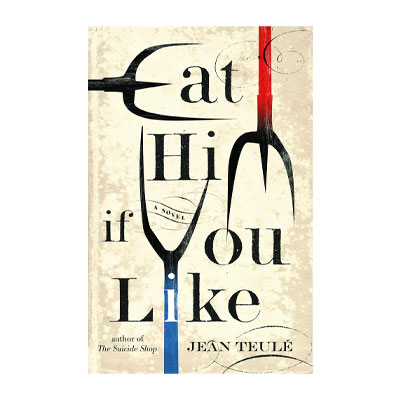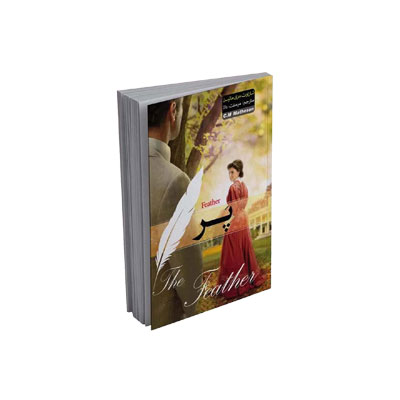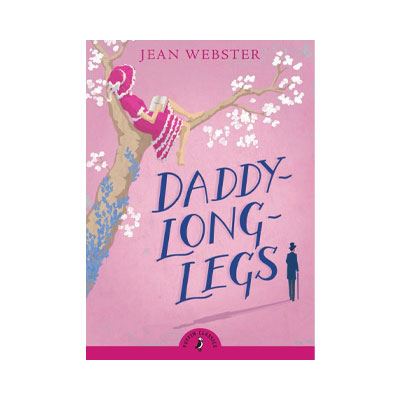Book Summary
"The Godfather" is one of the best-selling works of The New York Times and a prime example of American literary masterpiece, written by Mario Puzo. In this valuable work, Puzo narrates the life of a character named Vito Corleone, with events set in the 1940s and 1950s. "The Godfather" was first introduced to readers in 1969, beautifully detailing the ups and downs of the life of the head of one of the largest mafia families in America.
To further introduce the main character's story, it is mentioned that Vito escaped from a group of criminals in Sicily, Italy, during his childhood. After years, he rises to become the head of a powerful mafia family in American society at that time. Vito Corleone is targeted during his activities and is wounded due to a plot orchestrated by his rivals, leading the story into a new chapter. Sonny, Fredo, Michael, and Connie are the names of Corleone's four sons, who from this point on take on a more prominent role, sparing no effort in seeking revenge against their father's assailants.
Various developments in this journey also impact the Corleone family dynamics, steering the narrative toward a point where Michael, whose heart's desire was never to enter the mafia, is compelled for reasons to take his father's place and assume his responsibilities. The revelation of various truths creates a remarkable effect on Michael and the readers of the book, leaving them to follow and uncover the hidden secrets within this beautiful novel until its conclusion. In any case, a book that has inspired one of the most prestigious film adaptations and has always been praised by critics and many individuals, ultimately becoming one of the most prominent trilogies in cinema history, deserves to be read and cherished.
About the Author
Mario Gianluigi Puzo was an Italian-American author born on October 15, 1920, in Manhattan, New York. He won the Academy Award twice in 1972 and 1974 for writing the screenplay for "The Godfather," which is also where he gained most of his fame. Puzo was born into a poor family that had emigrated from Naples, Italy to America. After graduating from City College of New York and serving in the U.S. Air Force during the war, as well as working as a public relations officer in Germany, he pursued writing as his main profession. Some of his notable works include "The Fourth K," "Six Graves to Munich," "Dark Arena," and "The Family." Puzo passed away on July 2, 1999, due to heart failure.
Who Should Read the Book?
Fans of works written in the mafia genre and those who enjoy books that narrate criminal and mystery stories are encouraged to place "The Godfather" at the top of their reading list and approach it with focused minds at an appropriate time.
Book Quotes
Amerigo Bonasera sat in Criminal Court No. 3 in New York waiting for justice; waiting for revenge against the men who had so ruthlessly harmed his daughter as they had tried to assault her. The judge, a burly man who seemed ready to take on the two young men standing behind the bench, rolled up the sleeves of his black robe. His face was cold with hatred and power. But something was not right. Amerigo Bonasera felt it, but he could not yet understand what it was.
The judge said sharply, "You behaved like the worst criminals." Amerigo Bonasera thought to himself, "Of course, of course, like animals, animals." The two young men, with freshly shaven faces and slicked-back hair, took on a posture of shame and lowered their heads.
The judge continued, "You acted like wild animals of the jungle, and you were lucky that you did not sexually assault that poor girl; otherwise, I would have sentenced you to twenty years in prison." The judge paused. His eyes, hidden behind his brown eyebrows, cast a shrewd glance at Amerigo Bonasera, whose face was contorted, and then dropped to a report folder in front of him. He frowned, and as if reluctantly conceding, shrugged his shoulders. He spoke again, saying, "But because of your youth, because you have no prior record, because of your good families, and because the law does not seek revenge, I am sentencing you to three years' probation."
This was the only experience in Amerigo Bonasera's forty years of holding professional mourning that prevented the eruption of anger and hatred from his face. His beautiful young daughter was still in the hospital, with a broken jaw held together by wires, and now these two animals were being set free? It was all a game. He watched happy parents embracing their beloved children. Ah, they were all so happy and smiling now...
Luca Brasi feared no police. He feared no society. He feared no God. He feared no hell. He neither loved nor feared other people. But he had chosen to both fear and love Don Corleone. When Brasi terrifyingly approached the Don, he stood respectfully straight. He stuttered special congratulations and formally expressed his hope that the Don's grandchild would be a boy. He then presented an envelope full of money as a gift for the couple.
So this was what he wanted to do. Hagen noticed a change in Don Corleone. The Don welcomed Brasi as a king would welcome someone who has done a great service for him! Of course, not with warmth and familiarity but with immense respect. With every gesture and every word, Don Corleone made it clear to Luca Brasi that he was valued. He did not show any surprise at having given the wedding gift directly to him. The Don understood.
The money inside the envelope was certainly more than any amount others had given. Brasi had spent hours thinking about the amount and comparing it to what other guests might give. He wanted to be the most generous to show that he held the greatest respect, which is why he personally handed the envelope to the Don, an informal gesture that the Don covered with his own special thanks. Hagen saw that the anger on Luca Brasi's face dissipated, replaced by pride and pleasure. Brasi kissed the Don's hand and then headed toward the door that Hagen had held open for him. Hagen smiled politely at Brasi, and the short man returned a respectful smile in kind.
